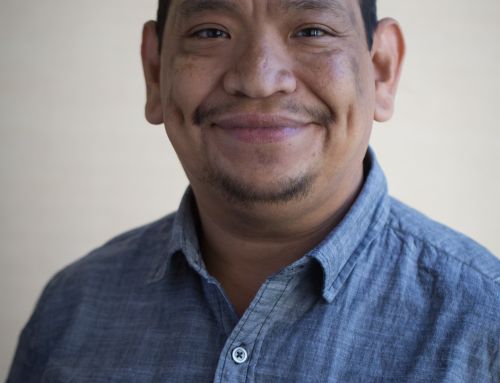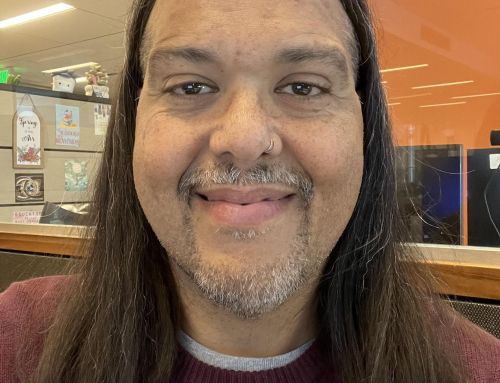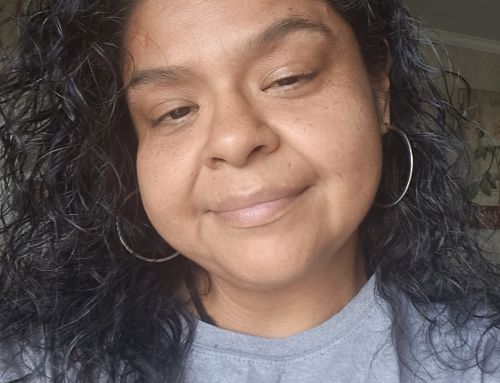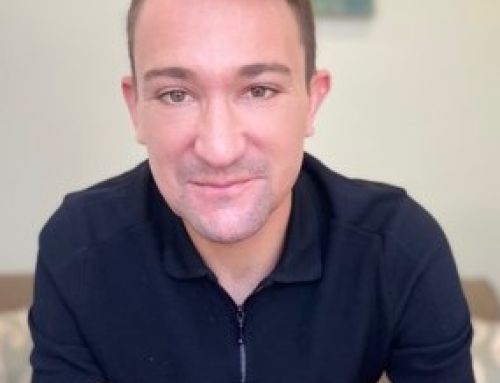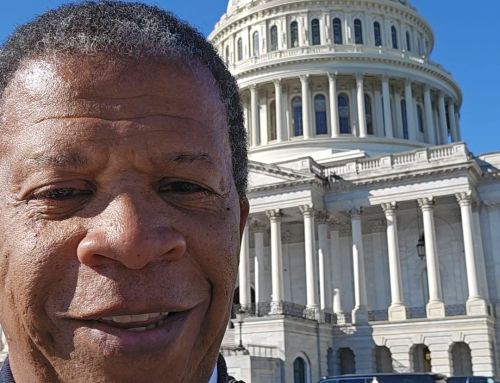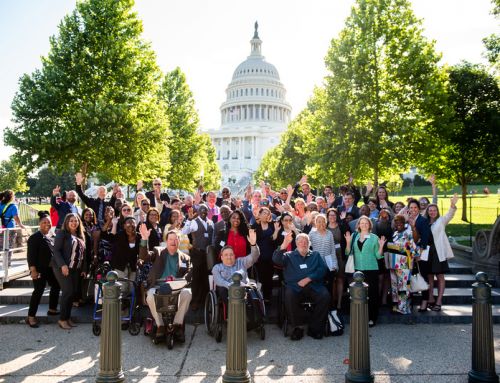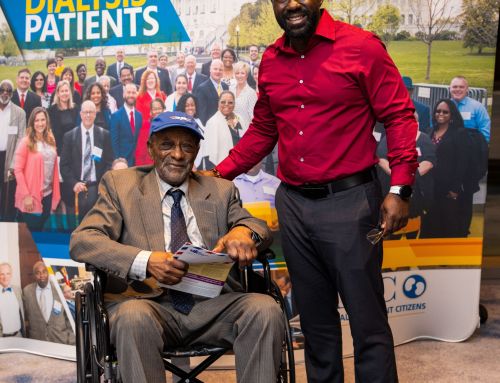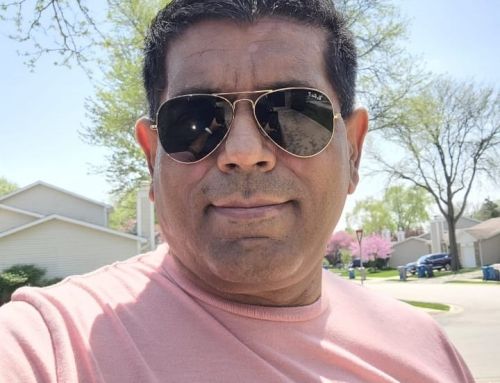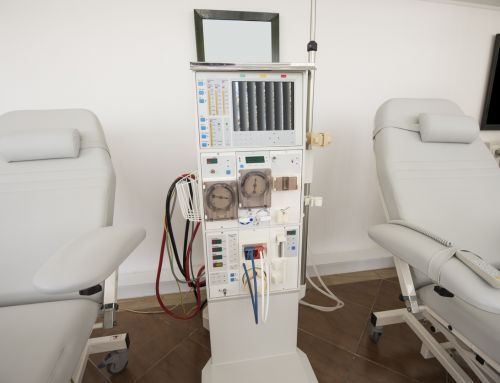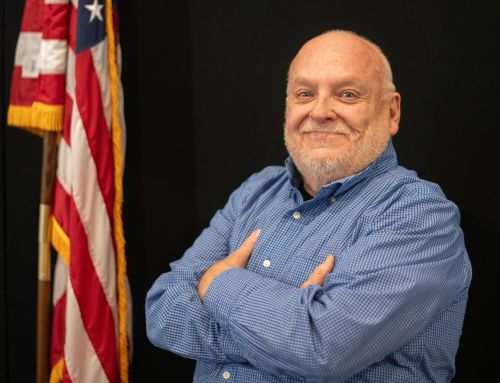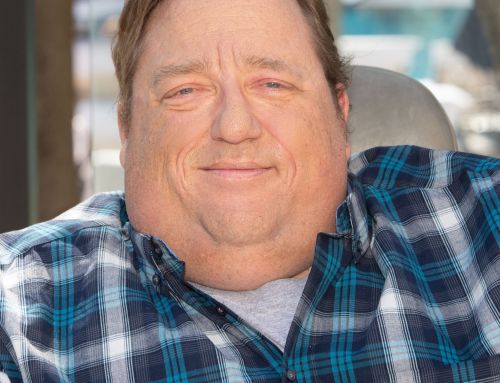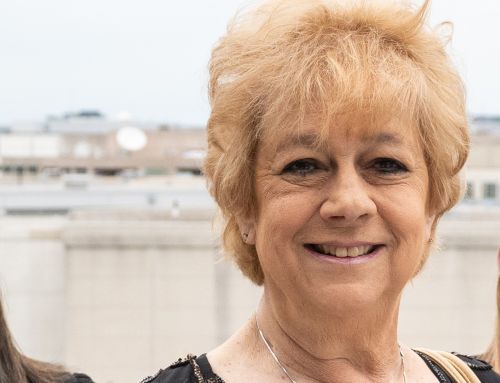
For people who live with a chronic illness, one of the most powerful words in the English language is hope.
As a more than 20-year dialysis patient with end-stage renal disease, otherwise known as kidney failure, hope is a driving force in my life. My condition may never be cured, but new treatments are under development that could ease my symptoms.
Every day, I hold out hope that a new, revolutionary treatment is around the corner that could help me and thousands like me live a more comfortable life.
Unfortunately, the Centers for Medicare and Medicaid Services is becoming a roadblock to that hope because of its inflexible payment system that elevates cost control over full access to care for patients.
Briefly, Medicare uses a technique called payment bundling to reduce expenditures. Providers are paid a flat fee for a treatment or service in order to reimburse costs for an “average” patient. The flat amount discourages providers from prescribing tests or drugs that aren’t necessary and adding them to the government’s tab.
The problem is that the system can also discourage provision of items that are necessary, especially for patients who don’t fit the “average” profile, which includes me.
The system particularly breaks down when new, innovative items are introduced and don’t fit neatly into yesterday’s bundle. The funding mechanism all but ensures that most patients won’t have access to many of them or even know they exist at all.
For example, the Food and Drug Administration recently approved Korsuva, which is used to treat the severe itching caused by chronic kidney disease.
Research shows that about 30% of dialysis patients experience this symptom, myself included.
One would hope that CMS would expedite access to this medication and help ease the discomfort so many of us feel. Instead, the agency dragged its feet, slowly rolling out supplemental payments of limited duration.
This uncertainty discouraged kidney doctors from prescribing the drug, resulting in fewer than 1% of dialysis patients being dispensed this medication.
When I asked about Korsuva, I was told it was not available at my clinic.
Now CMS has announced a new funding rule based on the artificially low take-up, that would add just a tiny amount to the bundle and thereby lock in a lower utilization rate for these important treatments in perpetuity.
If CMS continues slow walking coverage of innovations in dialysis treatments, we can expect a chilling effect on new treatments in the future.
Think of it this way: Why would a pharmaceutical company invest the money and time to create a new treatment if it had no idea whether patients would ever get access to it? By restricting coverage of new treatments today, CMS could be blocking the innovations of tomorrow before they’re even created.
Another improvement to care is emerging from the pipeline, representing an opportunity for better patient outcomes and a test of Medicare’s ability to adapt.
A new antimicrobial and antifungal solution will become available that can prevent the bloodstream infections that plague patients who receive dialysis through a catheter, as I do.
Every year, tens of thousands of ESRD patients get these infections, which costs Medicare around $60,000 each, totaling over $2 billion annually. For this reason, catheter use is discouraged, but some patients have no choice — after 20 years of being stuck with the extra-large needles used for dialysis, my veins are closed for business.
If this new anti-infection product is rolled into the bundle, providers will have little incentive to pay extra for it, given that they’d bear the cost while all the economic benefits go to Medicare.
Like Korsuva, it could go largely unused, with patients experiencing avoidable hospital stays and taxpayers picking up the bills. Ideally, Medicare would buy a “subscription” for this product to ensure every eligible patient gets it, but to date, CMS has not demonstrated this kind of foresight or flexibility.
Being on dialysis is no cakewalk. It requires several hours to complete, multiple times per week, every week of the year.
The toll it takes on the body can be very difficult. Because of this, many patients are unable to work full-time and rely on Medicare to survive, making it critical that it properly supports us.
I urge CMS and our elected leaders in Congress to put treatment over cost control and work together creatively to ensure improvements in dialysis care reach the patients who need them most.
Andrew Conkling, Arab, Alabama

